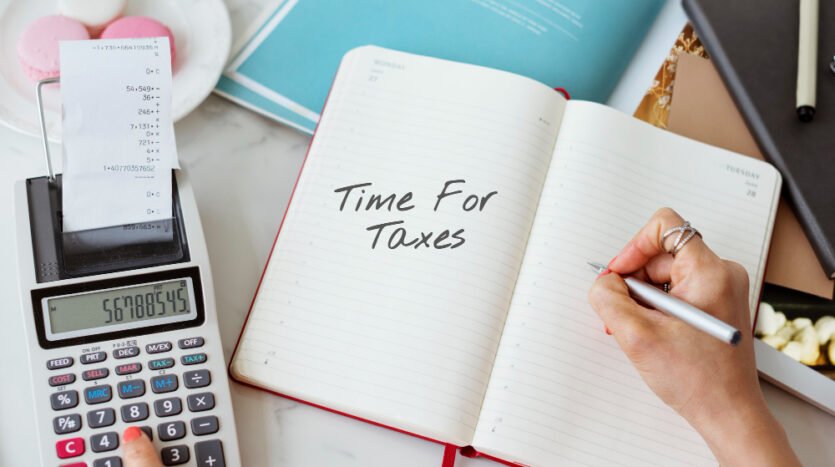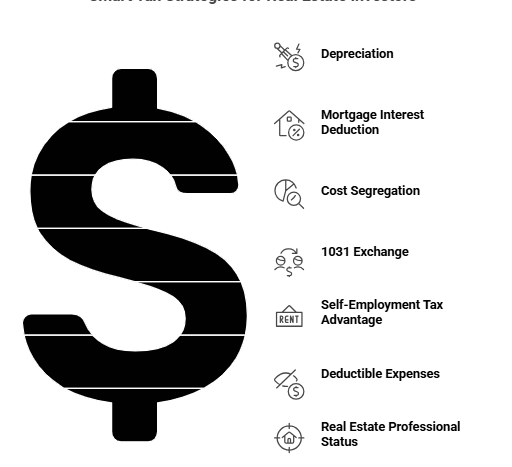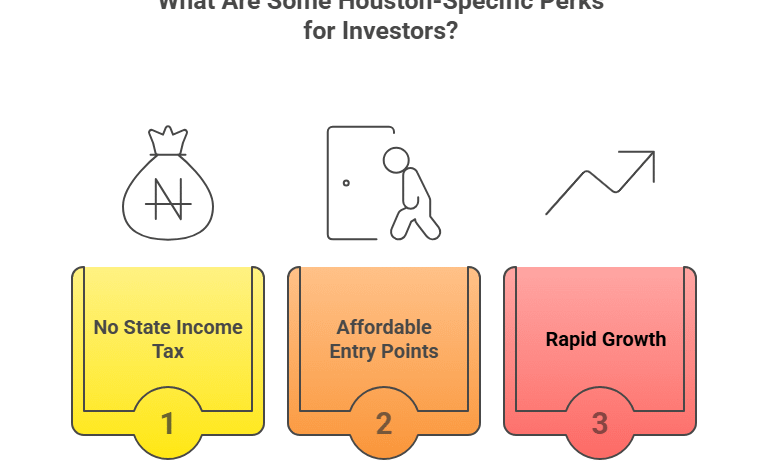Tax Benefits for Real Estate Investors in Houston: A Youth-Friendly Guide
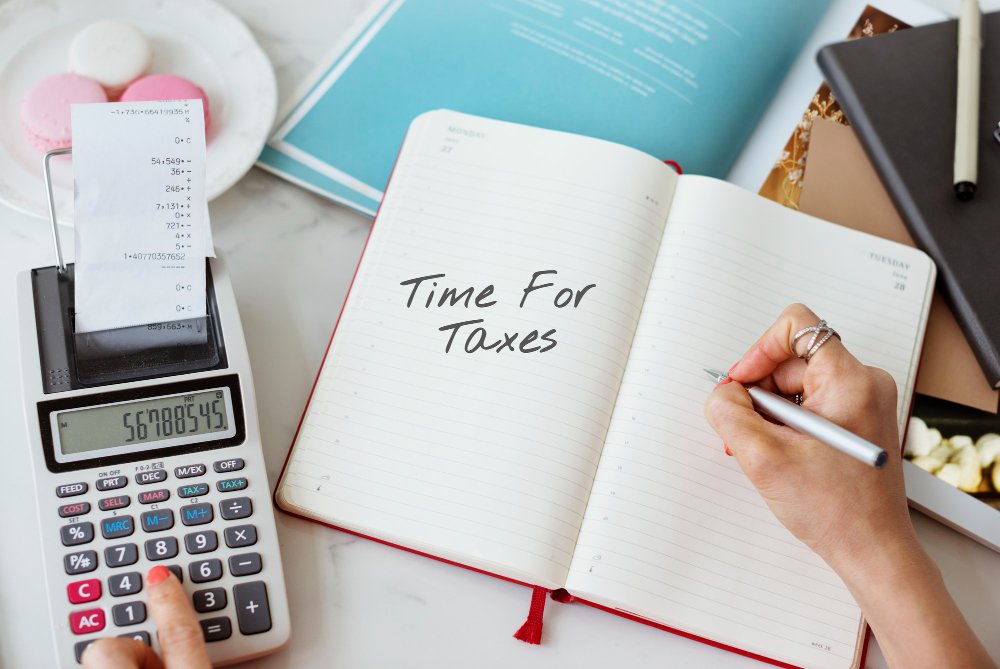
So, you’re thinking about diving into real estate investing in Houston? Good call, the city’s growth, strong rental demand, and business-friendly climate make it a prime spot for young investors.
But here’s a major bonus most newbies overlook: Uncle Sam might actually help you build wealth through tax benefits. Yep, you read that right.
In this blog, we’ll break down the tax advantages that work in your favor, why they matter, and how to use them smartly (without needing to be a CPA).
Why Taxes Should Be on Every Young Investor’s Radar?
If you’re in your 20s or 30s, you’re probably focused on cash flow, flipping potential, or passive income. But here’s the truth: Smart investing doesn’t stop with what you make; it’s about what you keep.
Houston offers a ton of opportunities to grow your portfolio, but understanding how taxes work in your favor can:
- Increase your ROI
- Boost cash flow
- Set you up for long-term success
What Are the Smart Tax Strategies for Real Estate Investors?
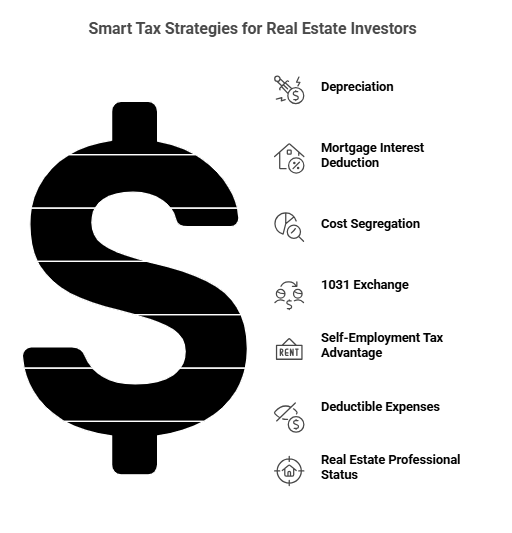
In this section, we’re breaking down the lesser-known tax strategies that can quietly supercharge your returns, even if you’re just getting started.
1. Depreciation: Your Silent Superpower
What is it?
Depreciation lets you deduct the “wear and tear” on your property, even if it’s actually going up in value.
The IRS allows you to depreciate residential rental properties over 27.5 years, meaning you can write off a portion of the property’s value each year, reducing your taxable income.
Why it’s a game-changer:
Let’s say you’re earning rental income. Depreciation can make it look like you’re making less on paper, so you pay less tax, while your bank account keeps growing.
Youth Tip: You can still be cash flow positive, but thanks to depreciation, you owe little or no income tax on that rental income.
2. Mortgage Interest Deduction: Your Loan Works for You
How it works:
When you take out a mortgage to buy a real estate investment property, the interest you pay can be tax-deductible. This especially helps in the early years when most of your payment goes toward interest.
In high-value markets like Houston suburbs, this deduction can really add up.
Pro move: If you’re house-hacking, living in one unit and renting out the others, you can deduct the portion tied to the rental space.
3. Cost Segregation: Speed Up Your Deductions
Not just for big players anymore!
Cost segregation is a tax strategy that separates parts of your property (like appliances, flooring, lighting) and depreciates them over shorter lifespans, 5, 7, or 15 years instead of 27.5.
Why it matters for young investors:
It means bigger deductions sooner, which boosts early cash flow, super helpful when you’re growing fast or reinvesting into new properties.
If you’re planning to scale your portfolio or just bought new construction in Katy, Cypress, or Pearland, look into this with a tax pro.
4. 1031 Exchange: Grow Bigger Without Paying Capital Gains (Yet)
A 1031 Exchange lets you sell a property and reinvest the gains into another “like-kind” property, deferring capital gains taxes.
This means more of your money stays in the game.
Here’s an example for better understanding: Sell a rental in Midtown, reinvest in a multi-unit in East Downtown, without giving a chunk to the IRS.
However, remember that by doing so, you won’t skip taxes forever, but you will delay them, which can supercharge growth.
5. Self-Employment Tax Advantage (Rental Income ≠ Self-Employment Income)
Here’s something cool: Rental income isn’t subject to self-employment tax (which is about 15.3%). That means you could make $20k/year from your rental, and still skip this tax, unlike freelancers or side hustlers.
Add in depreciation and other write-offs? You might pay close to nothing in income tax for that cash flow. Isn’t it the smartest move?
6. Deductible Expenses: Just Don’t Leave Money on the Table Anymore
Young investors often forget this: So many expenses are tax-deductible.
Here are some:
- Property management fees
- Repairs and maintenance
- Property taxes
- Insurance
- Legal/accounting fees
- Marketing and leasing costs
These write-offs reduce your taxable income and should be tracked religiously.
Additionally, utilize tools like Stessa or QuickBooks for Real Estate to automate expense tracking.
7. Real Estate Professional Status (REPS): For the Ambitious Ones
If real estate is more than a side hustle and you spend 750+ hours a year actively managing, you might qualify as a Real Estate Professional in the eyes of the IRS.
That means you can:
- Offset non-passive income with rental losses
- Pay less tax across your whole income stream
This one’s complex, but if you’re going all-in, talk to a CPA familiar with real estate.
What Are Some Houston-Specific Perks for Investors?
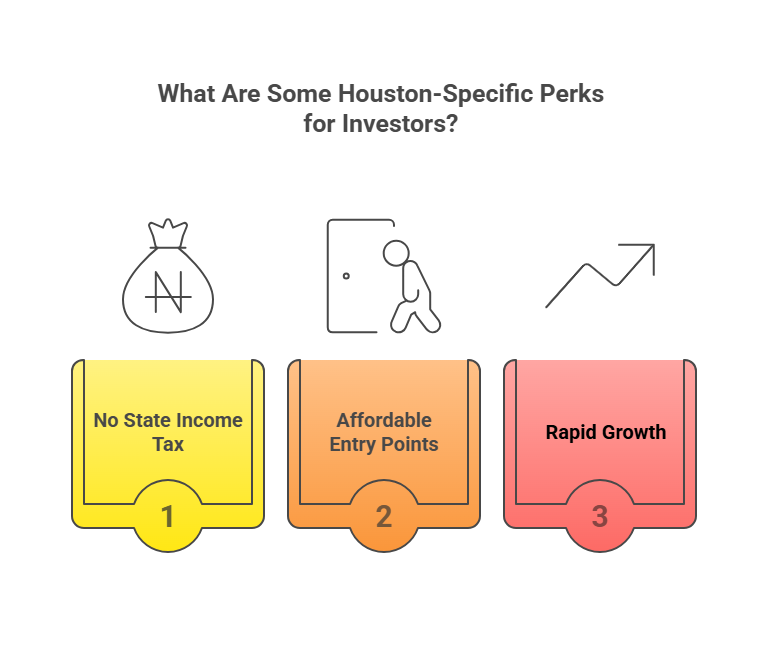
Now that we have talked about the tax benefits for real estate investors, here’s time to learn some Houston-specific perks too!
1. No State Income Tax
Texas doesn’t tax personal income, so your rental income stays more intact compared to states like California or New York.
2. Affordable Entry Points
Compared to coastal cities, Houston’s real estate is still affordable, which means:
- Lower barriers to entry
- Faster break-even on investments
- Higher cap rates in emerging areas
3. Rapid Growth = Long-Term Potential
Neighborhoods like Third Ward, East End, and Spring Branch are seeing a rise in both rental demand and values, making this the perfect time to lock in tax-friendly equity growth.
Final Thoughts: Don’t Just Make Money, Keep More of It
Tax advantages aren’t just for the ultra-wealthy; they’re for anyone who knows how to use the system. And in a growing city like Houston, the system can seriously work in your favor.
Whether you’re planning your first duplex or eyeing your third BRRRR deal, start learning the tax game early. The sooner you understand it, the faster you grow, smarter.
Want help finding tax-friendly investment properties in Houston? Reach out to KV Properties, we’ll help you align your real estate goals with long-term gains (and of course, fewer tax bills).
Frequently Asked Questions
1. Do I need to own multiple properties to get tax benefits?
Nope! Even a single rental property qualifies for deductions like mortgage interest, depreciation, and expenses. You don’t need a huge portfolio to start saving.
2. Can I still get tax benefits if I live in one part and rent out the rest?
Yes, that’s called house hacking. You can deduct a portion of expenses based on the rented space. Great strategy for first-timers in Houston.
3. What if I sell my property; do I have to pay capital gains tax?
Not if you use a 1031 exchange and reinvest in another property. It lets you defer taxes and keep more money working for you.
4. Is rental income taxed like a regular paycheck?
Nope. Rental income isn’t subject to self-employment tax, and with write-offs like depreciation, your taxable income could be way lower than what you actually earn.
5. Should I hire a CPA or try to manage taxes myself?
If you’re just starting out, tools can help, but once you own a rental property, a real estate-savvy CPA is worth the cost. They’ll help you claim every deduction you deserve.

Karishma Naidu Vohra is a dedicated real estate agent renowned for her entrepreneurial spirit and commitment to excellence. After developing her skills in Los Angeles, she found her true passion in Houston, where she specializes in buying, renting, and selling properties.


